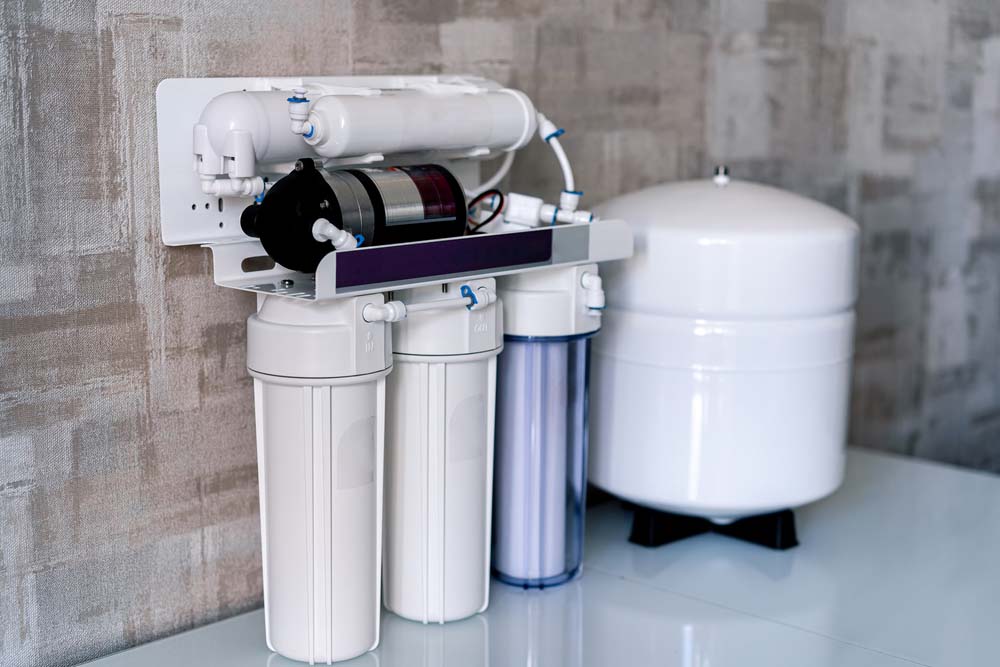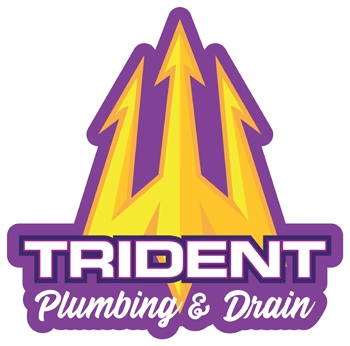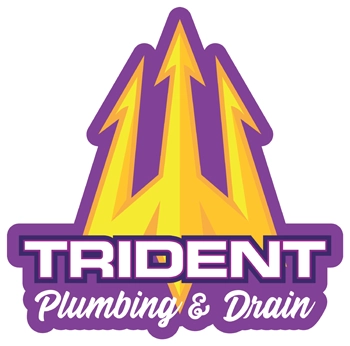
November 14, 2025
Clean water is an essential part of daily living, and homeowners often look for reliable ways to improve their supply. Our Trident Plumbing & Drain team is dedicated to helping families make informed choices about water filtration in Glendale, AZ. Whether you are considering a full system for the entire property or a smaller unit for select fixtures, it helps to understand the differences before moving forward.
What Is a Whole-House Water Filtration System?
A whole-house water filtration system treats all the water that enters your home. This means every faucet, showerhead, and appliance receives filtered water. The system is installed at the main water line, typically in the basement or utility room. This comprehensive approach addresses water quality throughout the entire house. This type of water filtration system removes contaminants before they can impact your drinking water, laundry, or even the longevity of your plumbing and appliances. It is an investment in your entire home’s water quality.
How Do Point-of-Use Filters Work?
A point-of-use filter, as the name suggests, treats water at a single location. This could be a filter on your kitchen sink faucet, a showerhead filter, or a standalone pitcher filter. A common example is the reverse osmosis system, which is often installed under the kitchen sink to provide purified drinking water.
These filters are ideal for targeting specific needs, such as improving the taste and smell of drinking water, without the cost of full-scale water treatment services. They are generally less expensive to purchase and install compared to whole-house systems.
Which Option Is Better for Long-Term Use?
The choice between a whole-house and a point-of-use filter comes down to what you want to achieve. If your main concern is drinking water quality, a point-of-use filter might be enough. It provides clean, great-tasting water where you need it most. However, if you are concerned about chlorine affecting your skin in the shower, or if hard water is damaging your appliances and pipes, a whole home water filtration solution is the better option. It addresses every aspect of your water supply.
For hard water problems, a water softener installation may be needed in addition to or in place of a filter, depending on the specific water issues.
FAQs About Water Filtration
Q: How long do water filters last?
A: The lifespan of a water filter varies by type and usage. Point-of-use filters often require cartridge changes every few months, while whole-house filters can last for several years before needing media replacement. Regular maintenance is key to keeping the system effective.
Q: Can a water filter remove all contaminants?
A: No single water filter can remove all contaminants. Different filters are designed to target specific substances. For example, some are effective at removing chlorine, while others are better for lead or bacteria. A water test is the best way to determine what’s in your water and which filter is right for you.
Q: What are the signs that I need a water filter?
A: Common signs include a bad smell or taste in your tap water, cloudy or discolored water, sediment buildup, or a metallic flavor. Stains on sinks or clothing after washing can also indicate mineral content that a filter or softener can help address.
Making the best decision for your home’s water quality is important. Trident Plumbing & Drain is a veteran-owned and family-operated company, and we stand by our reputation for reliable, professional, and trustworthy service. Call us today or fill out our online form to schedule an appointment.
by RTM Design




